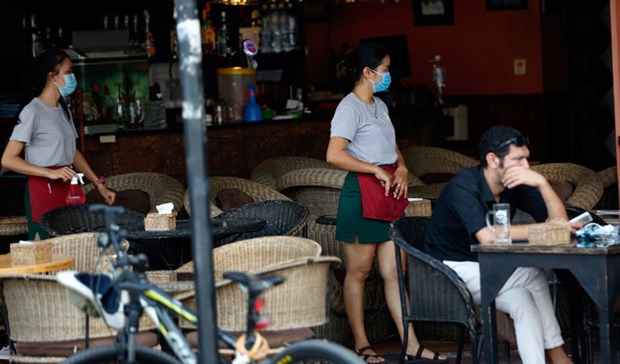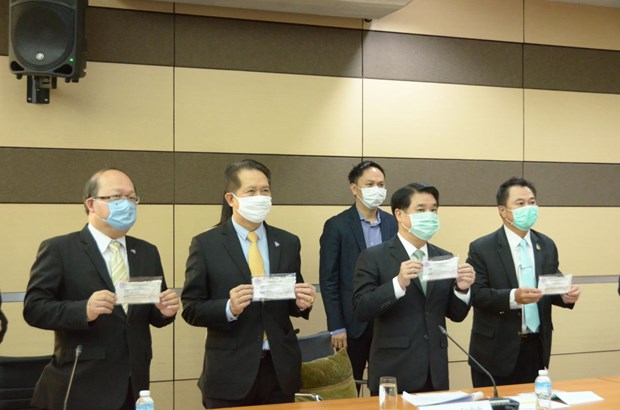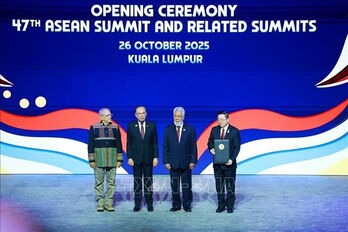
Waitresses at a restaurant in Phnom Penh, Cambodia (Photo: Khmer Times)
In a statement, it said the government will pay 20 percent of the workers’ minimum wages, adding that the financial measure will apply to those who are suspended from their jobs at hotels, guesthouses, restaurants and travel agencies.
Payments will be made to employees in the tourism sector with links to the National Social Security Fund.
The workers are required to attend a short training course by the Tourism Ministry.
In addition, the Cambodian government will provide tax exemptions to businesses in the tourism sector in the cities of Phnom Penh, Siem Reap, Sihanoukville, Kep, Kampot, Bavet and Poipet until May.
Chenda Clais, president of the Cambodian Hotel Association, said about 650,000 people were employed as hotel staffers, cooks, drivers, tour guides and travel agents but the number has since dwindled after some businesses suspended operation.
The World Bank has predicted Cambodia’s real economic growth will slow to around 2.5 percent this year mainly because of the COVID-19 pandemic.
Meanwhile, the Industry Ministry of Thailand announced that one million free washable face masks will be sent via post to households in Bangkok on April 8 as part of the government's strategy to stem a shortage of masks.

Thai Industry Minister Suriya Jungrungreangkit (second from right, front row) says 2.5 million washable face masks will be shipped every 15 days, with the goal of distributing 10 million masks in total (Photo: www.bangkokpost.com)
Industry Minister Suriya Jungrungreangkit was quoted by local media on April 2 as saying that the Thai government will ship 2.5 million masks every 15 days, with the goal of distributing 10 million masks in total.
According to the Interior Ministry, Bangkok capital city is home to 3.05 million households, housing 5.6 million people in 50 districts. There will be 1 piece of face mask per person, Suriya said.
The remaining 4.4 million masks will be distributed to neighbouring provinces, as well as southern provinces like Narathiwat, Yala and Pattani.
Also on April 2, Indonesian President Joko Widodo said the government is considering starting a new national holiday to prevent the annual mass exodus usually occurring at the end of the Muslim fasting month Ramadan amid concerns over the spread of COVID-19.
At a cabinet meeting, he said that measures could be put in place during the new holiday such as making tourist attractions free to help calm the people.
Nearly 90 percent of Indonesians are Muslim. During the Eid al-Fitr festival at the end of Ramadan, they usually return to their home villages or towns. Ramadan this year falls over April and May./.
VNA/Recorded by LAO
 Timor-Leste seeks trade & investment expansion following ASEAN accession
Timor-Leste seeks trade & investment expansion following ASEAN accession




